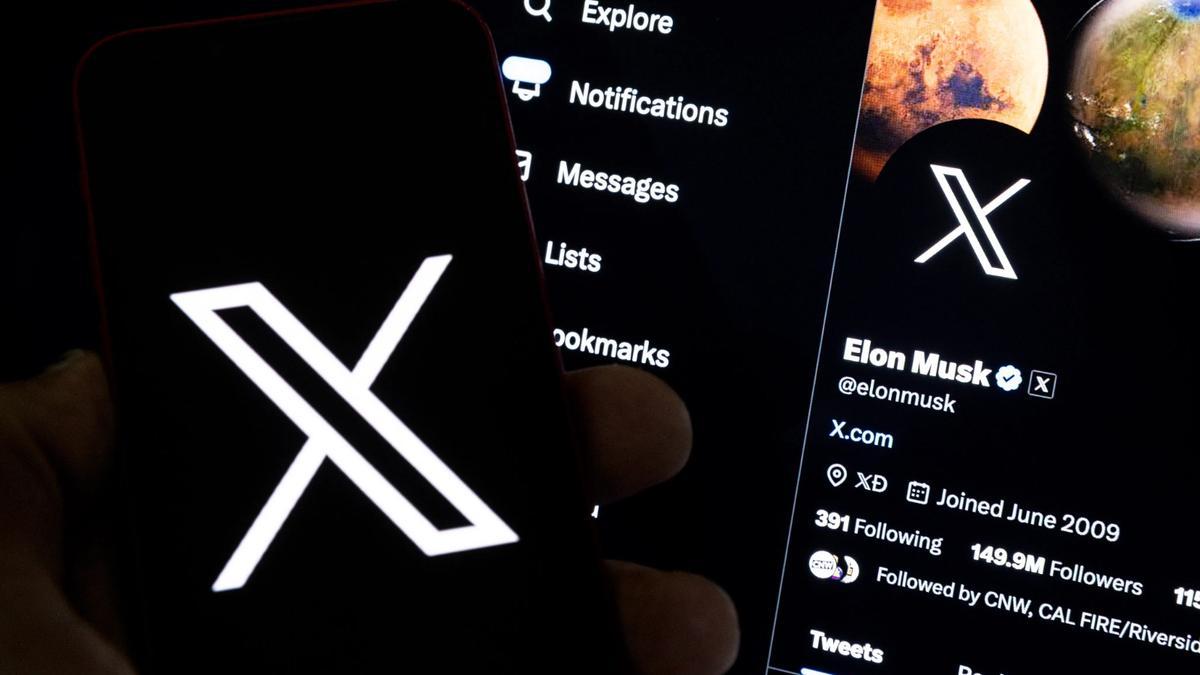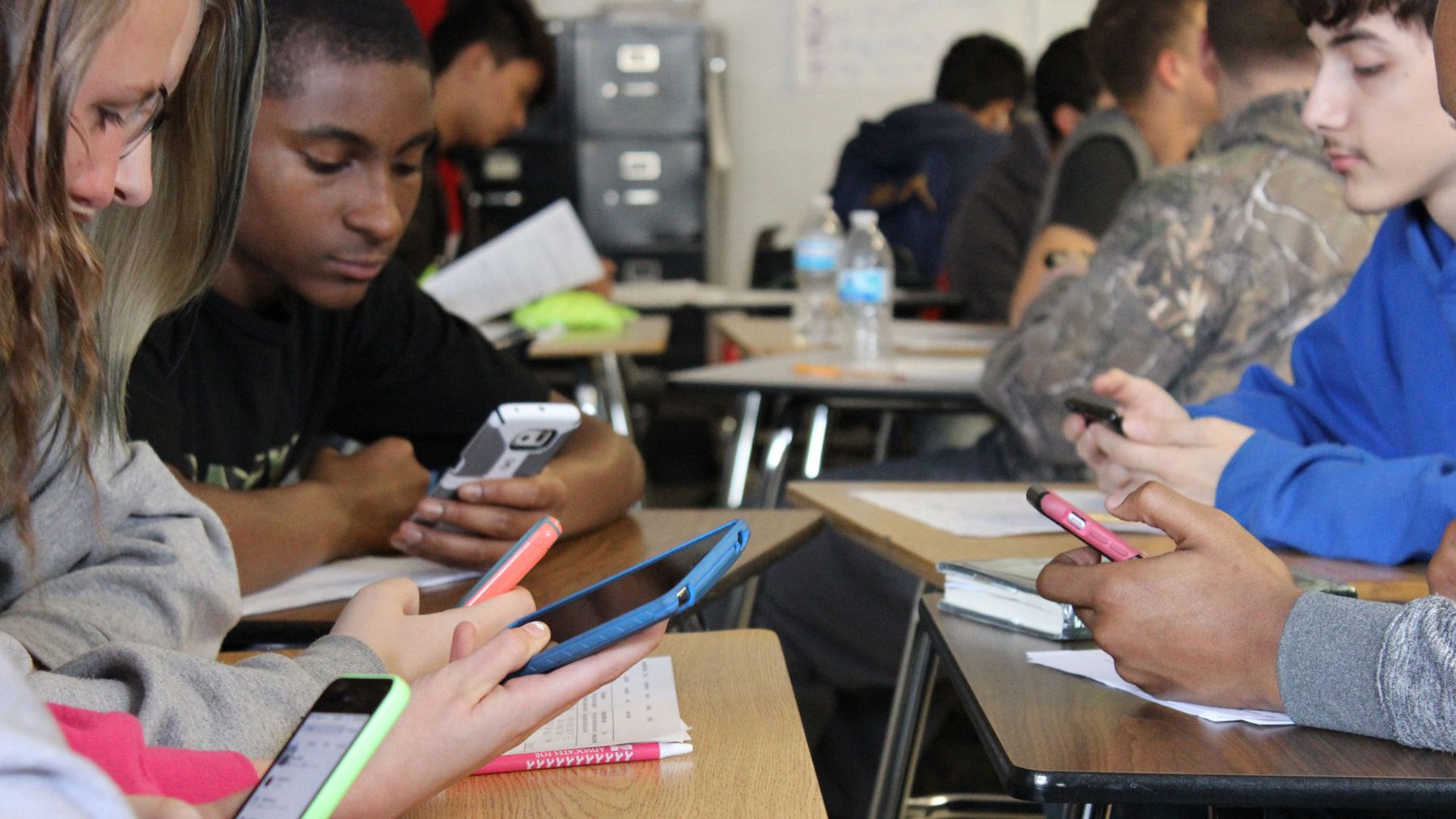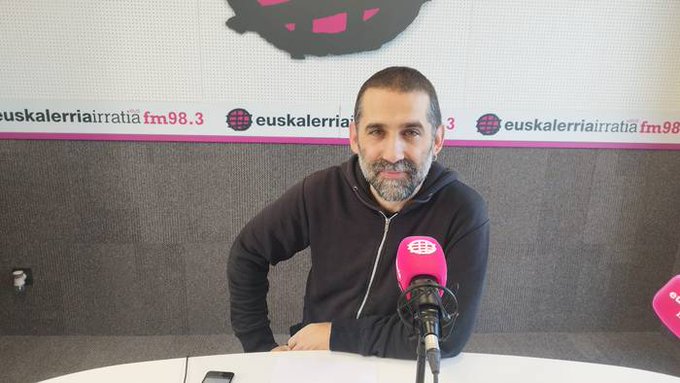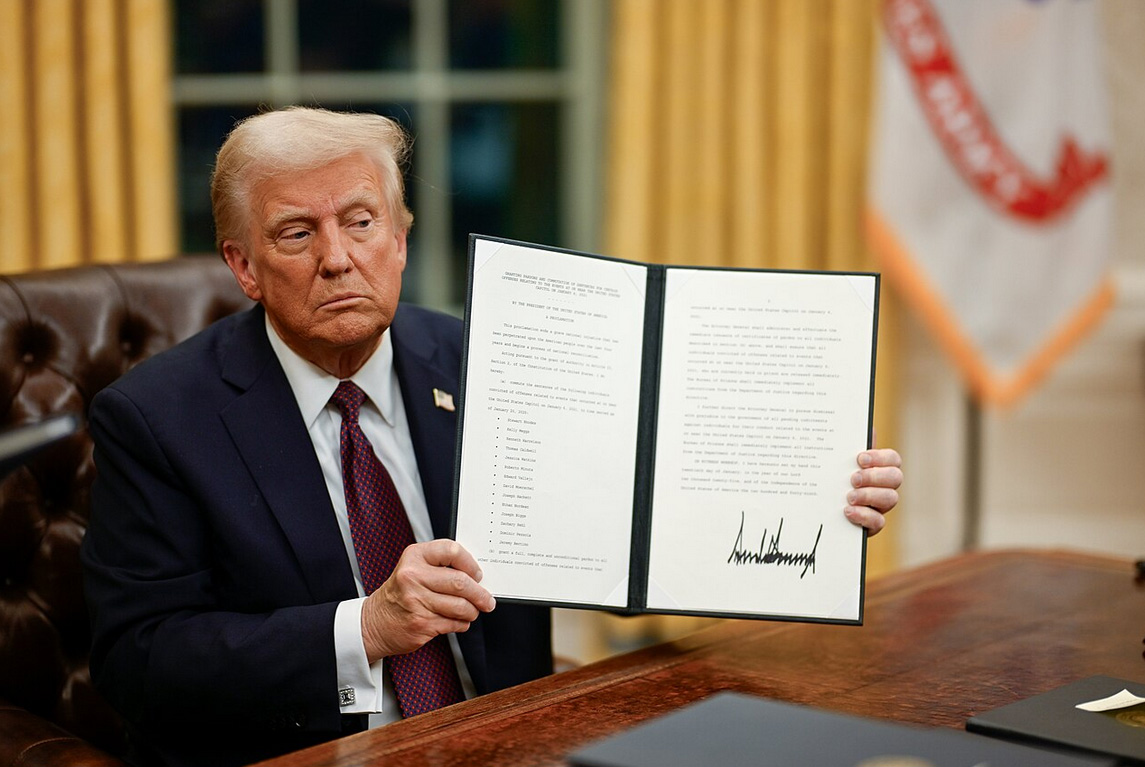How do young people use video games, social networks and game platforms?
- 23% of young people between the ages of 11 and 16 say that they are not subject to any controls or regulations regarding the use of mobile phones, video games or any other technology. One of the results of the study conducted by the Federation of Ikastolas of Navarra is: “As young people get educated digitally, we believe that families need to set standards, to follow them.”
From 6th Primary Education to 4th Compulsory Secondary Education, 1,398 students (ages 11 to 16) were consulted on social networks, safety related behaviors, video games, online betting and family role.
The study concludes that the use of these technologies is widespread, as the mobile phone is used every day for one or two hours, in working days, and 30% admit that it eats with the mobile. “This means that the mobile phone has influenced the communication format, family customs,” said the pedagogical coordinator Janire Gracia, in Euskalerria Irratia. Another question that has arisen for interviewer Reyes Ilintxeta is whether young people eat alone…
Social networks are a very widespread means of communication, especially to entertain, to communicate with friends and to inform oneself. The most popular platforms are Instagram, Youtube and Tik Tok.
Regarding security, 80% believe that their use of the network is very safe, but at the same time, 30% use the same password to access different platforms. “These contradictions show that at ikastolas we have something to work with. For example, young people have stayed in real life with the people they have met on social networks, with the risk that this entails.”
In video games, 45% acknowledge playing games that are inappropriate or acceptable to their age, and in positive, young people are aware or aware that they are not content appropriate for them. On the other hand, “it evidences the lack of parental control or monitoring”. As already mentioned, 23% say they have no control and Gracia considers some standards of digital hygiene essential “in relation to functioning and hours, as well as filtering contents, limiting time, parenteral control…”.
80% believe their network use is very safe, but at the same time 30% use the same password to access different platforms
Can you control a teenager's cell phone?
It's hard to take the phone to a teenager and look at what's there, says Reyes Ilintxeta. “A relationship based on trust must prevail and be clear about who the mobile phone belongs and what our competences are,” the pedagogue replied.
As for online betting, 8% of young people recognize that they play money on online betting, especially on sports betting, “and although the amount is small, it is worrying for us that some minors play money, the risk of gambling is there, and that needs to be worked at school”. In short, “it is an interesting data collection because it gives us the direction of the role that ikastolas have in education in this area. It is clear that we have to work with students and families, drop by drop, to avoid inadequate postures. Our job is to educate in proper use.”
In school, mobile yes or no?
It is not a new debate, should mobile phones be allowed or banned in schools? In Hego Euskal Herria, each center has its last decision and the journalist asks the pedagogue about the topic: “We don’t see it necessary to take your phone to school.”
On the other hand, the study also talks about the conclusions that the KiVa program left that the ikastolas use to deal with bullying, as collected in this news item.
Life surrounds everything, it is limited and fragile. To live good lives, it seems to me that the body knows what to do, while the mind, although it knows (when it is well informed), often sees the body deliberately silence. In this silence the mind opens itself to relations... [+]
The consumerist culture we live in sends every user to an unreasonable enjoyment. As Slavoj Zize says, Enjoy your fetish, it has become the rude mandate of hypermodernity. Current enjoyment is carried out through existing technological devices to occupy the place of fetish. But... [+]
In 2018, I leveraged social media and most communications from devices to try to control where I focus on life. Every day I go on that task, in the light of the moth, because my curiosity is constantly looking for fresh information to help me understand reality. At that time I... [+]




















